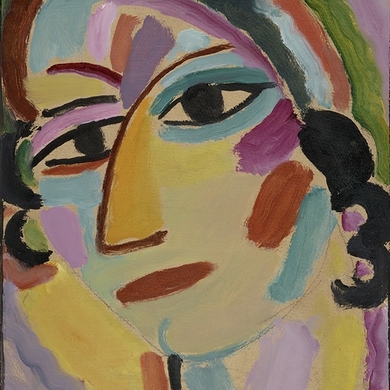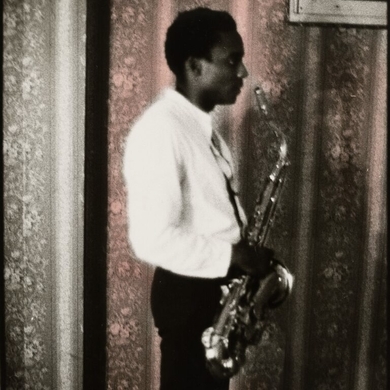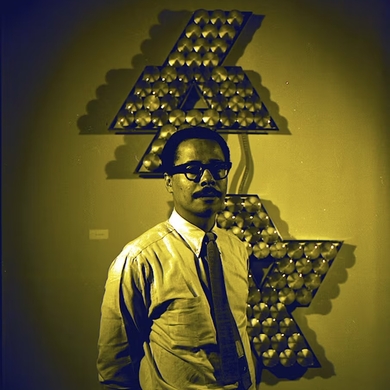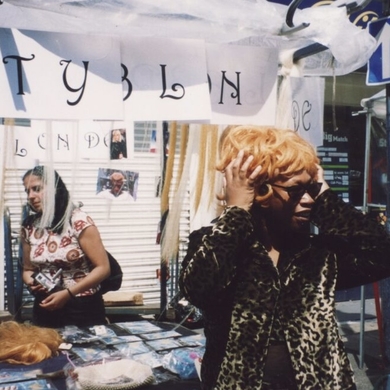“I think everybody should be a machine. I think everybody should like everybody,” said Andy Warhol in 1963, in an unforgettable interview with the art critic Gene Swenson. “Is that what Pop Art is all about?,” Swenson asks. “Yes. It’s liking things.” The critic then prompts, “And liking things is like being a machine?” Warhol answers, “Yes. Because you do the same thing every time. You do it over and over again.” Warhol’s comments may have sounded infantile back then, but today we hear the conceptual wheels turning. Look at Warhol’s work. The monochromatic color, the flat texture, the mass-media touch—it’s cold and machine-like. And it wasn’t just Warhol. Between the 1950s and the 1970s, artists veered away from gestural mark-making and instead studied advertisements and pop culture. In this exhibition, drawings from those 20 years bridge the manual and the mechanical. —E.C.
Arts Intel Report
Draw Like a Machine: Pop Art, 1952–1975
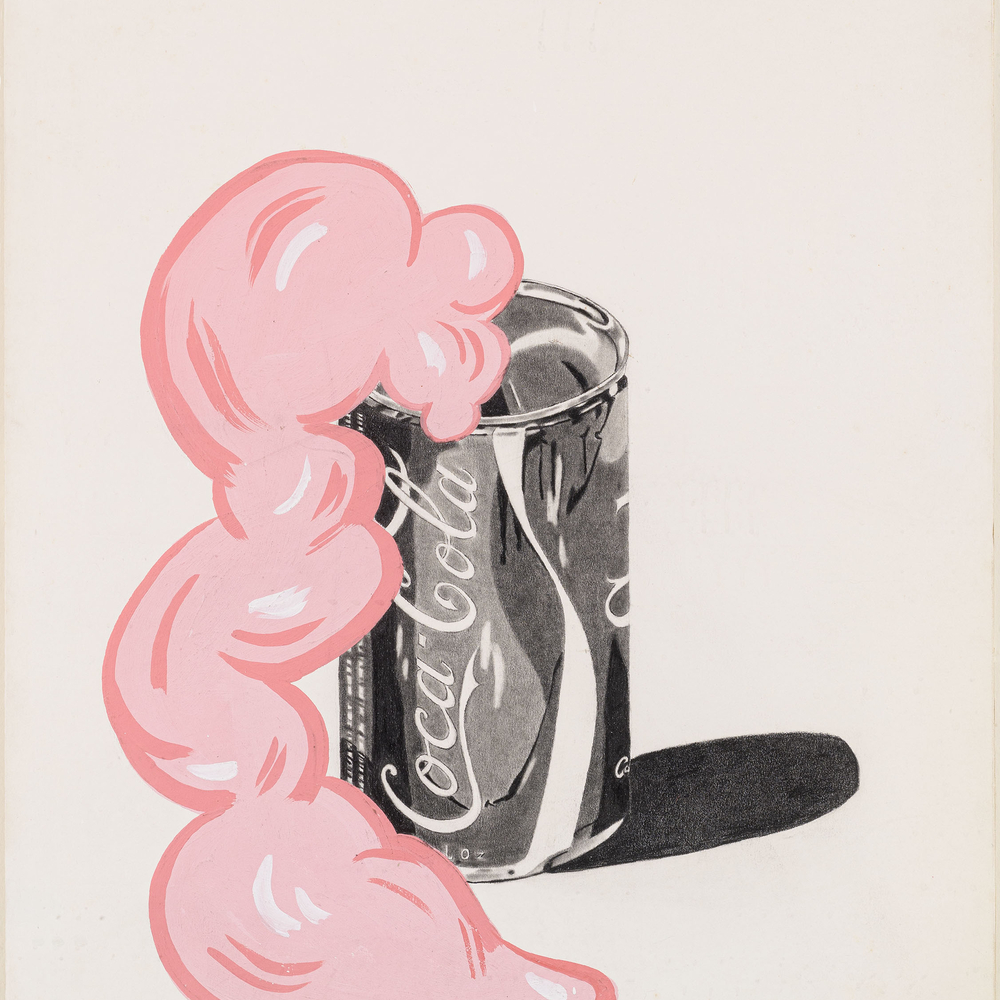
When
Oct 29, 2021 – Mar 13, 2022
Where
Etc
Marjorie Strider, “Party,” 1973 © Mike Chutko. Photo: Paul Hester.
